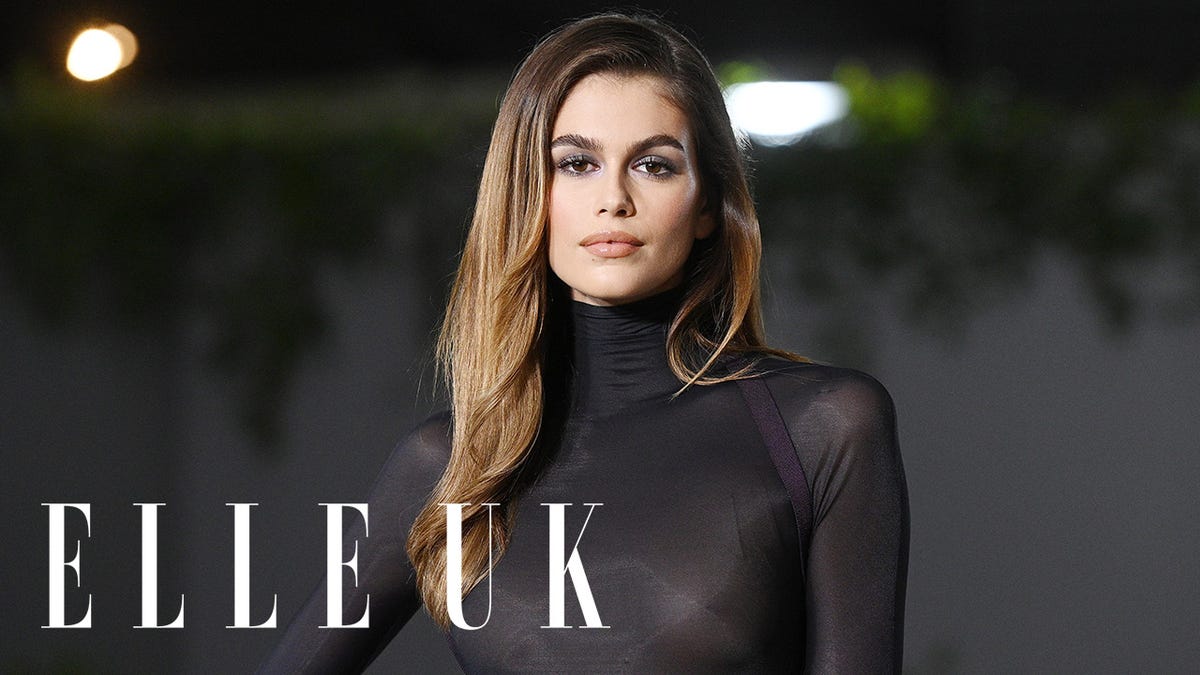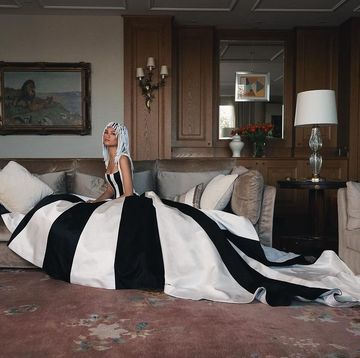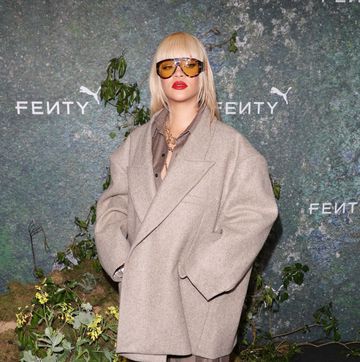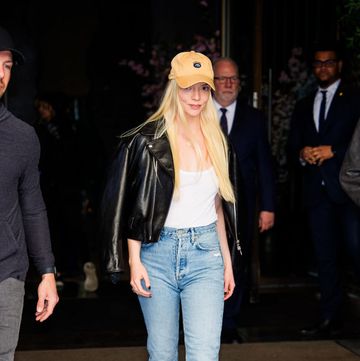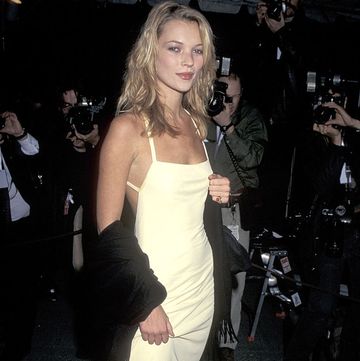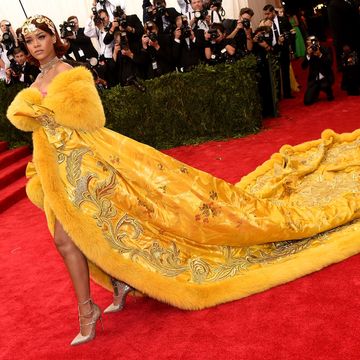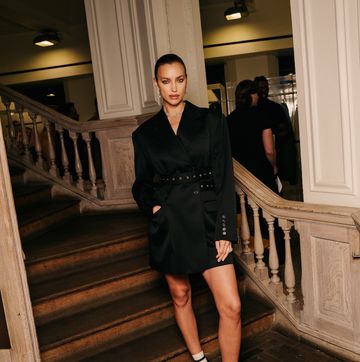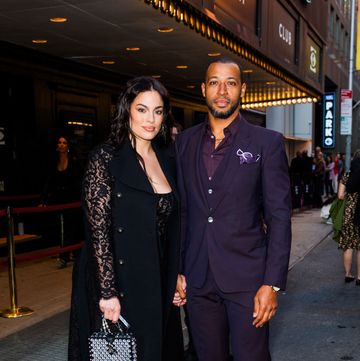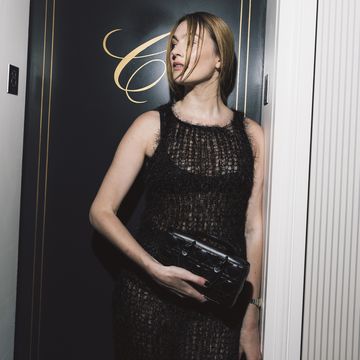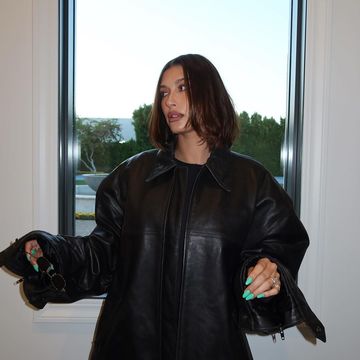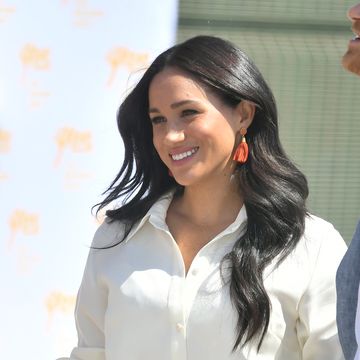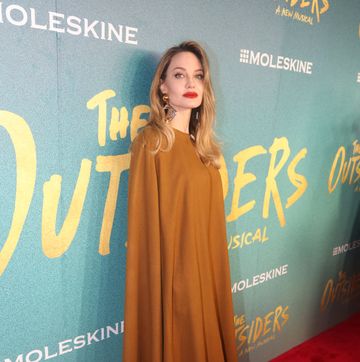When I was six years old, my Dad came out. That was also the year he brought home a canary to try to win over one of my older sisters. She was nine and only knew gay as a school-yard insult. The bird, who we named Sunny, was the colour of summer and fragile in our hands. He lived in an elegant white cage that we hung in the study and later, after the divorce, over my stepfathers piano where he would sing along to Mozart and The Beatles. My sisters fed him and cleaned his cage and I filled his water dish and snuck him melon and cucumber that he pecked at delicately. When the cat was outside, we let him fly around the house, darting for chair to shelf to windowsill.
But despite these seemingly joyful moments, I believed he wasnt happy because he wasnt free and I pitied him. Sometimes I would take his cage to the porch, thinking he would like being close to nature and the sound of other birds. But he would fly into a desperate frenzy until I brought him back inside, where he shrank into silence. I wanted to open the cage door and set him free, but I knew he wouldnt survive amongst the changing seasons, the prowling cats and the bigger, wilder birds.
My parents met in the 1970s and the attitudes that shaped their youth belonged to an intolerant time. While my Dad was growing up, it was illegal to practice homosexuality in the UK. He didnt have girlfriends and was teased mercilessly at his all-boys comprehensive school. He told my mother near the beginning of their relationship he was attracted to men, but they were both naive and hoped a life together could cure him. This motivated a move from Cambridge to a tiny island off the west coast of Canada, where my father threw himself into gardening, baking and raising three daughters and tried to bury the shame he felt beneath a happy, if introverted, facade.
My parents built a beautiful house on a 25-acre hobby farm theyd bought with two other families. There was a beaver pond and a river jumping with frogs, a forest, meadow and enough space for my fathers orchards and my mothers horses, in addition to pigs, a cow, chickens, a litter of kittens and a poodle. We were free to run wild and my childhood consisted of the smell of baking bread and wood fires, the sound of roosters crowing at dawn and crickets chirping at dusk; a seemingly endless natural world to explore.
It was an idyllic childhood in many ways, but cracks had begun forming years before the year of the canary when Dad gathered my sisters and I in the kitchen to tell us why Mum was leaving him. My eldest sister, who was 12 and already knew, hid in the corner covering her ears. My middle sister ran upstairs screaming, Youre not my father!
Im sure we werent reacting to what he was telling us, which we barely understood, but to the pain he was experiencing. I understood from his manner there was something terribly wrong that wasnt his fault, so I climbed into his lap and said, Dont worry, I still love you. I was six and that was the first time Id seen him cry.
In the custody battle that followed, my sisters were asked to state which parent they wanted to live with. I was too young to be asked, but cant imagine the guilt my sisters must have felt in betraying him, when hed already suffered for what so many people, including him, saw as his sins. He fought to be our father, not realising the likelihood of a gay man winning custody was almost non-existent in the homophobic courts of the 1980s. He only got visitation rights because my mother recognised the harm it would do to deny us a relationship with our father.
Dad stayed on the farm after the divorce and at first the canary would come with us when we went to visit him. Later, he moved three hours away and the awkward cage was left behind. We would return from a week at Christmas or summer holidays to find, after longer and longer periods, Sunny had become a little less friendly, a little more desperate.
I wish I could say I found the guts to set him free. I wish I could believe he flew to Morocco, found a flock and spent the rest of his days in the desert heat. But, of course, he didnt, and one day the cat ate him. Nowadays, my father doesnt see himself as sinful. He travels, coks, recites poetry and is internet dating after recently ending a long-term relationship. Hes the most introspective person I know and has taught me the only way to be free is to see yourself honestly and to accept what you cant change. The world can be cruel, but theres nothing worse than being stuck in a cage.
